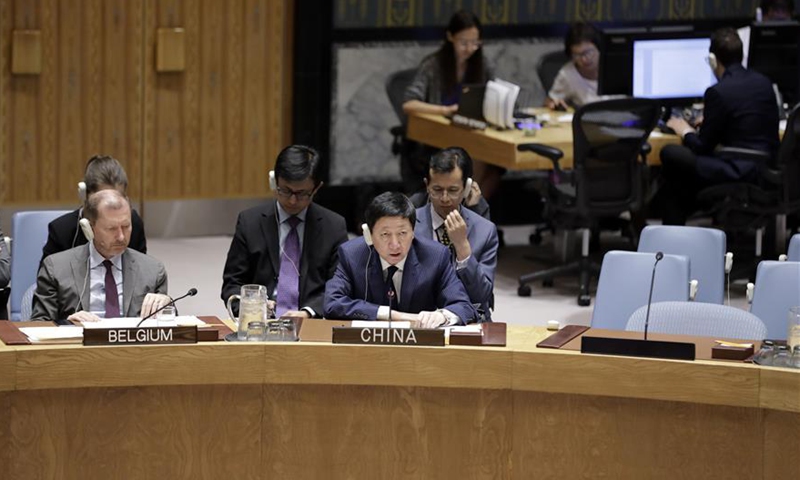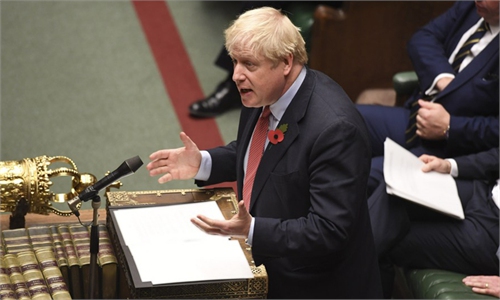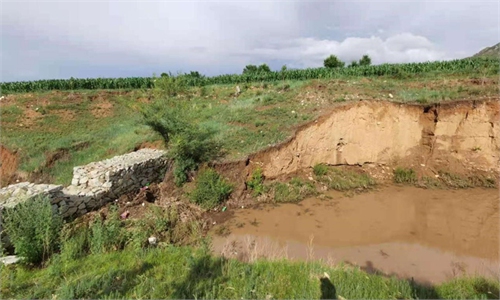UN to protect 30% of land, oceans as goals unveiled
Global call for biodiversity targets

Wu Haitao (R, front), China's deputy permanent representative to the United Nations, addresses the Security Council's meeting on the situation in Ukraine, at the UN headquarters in New York, July 16, 2019. Wu Haitao said Tuesday that China has always held an objective position on the issue of Ukraine, noting the United Nations Security Council should play a constructive role in this regard. (Photo:Xinhua)
The UN on Monday unveiled the first draft text that will form the heart of forthcoming summit negotiations aimed at preserving at least 30 percent of land and oceans and a host of other biodiversity targets.The draft, the result of months of online discussions, maps out the route for humanity to be "living in harmony with nature" by 2050.
But green groups voiced scepticism that the text will survive the high-level negotiating process at the COP15 biodiversity summit, set for October.
Campaigners have for years called for a global agreement on halting biodiversity loss, similar to what the Paris Agreement lays out for climate.
With more than 1 million species facing extinction and the world failing to meet existing nature preservation targets, the need for an accord among the nearly 200 nations taking part in the talks is pressing.
The draft outlines 21 targets and 10 "milestones" in order to preserve biodiversity.
These include restoring at least 20 percent of degraded ecosystems and ensuring that existing intact wild areas are retained.
At least 30 percent of land and marine species should also be protected through conservation areas, the draft proposed.
The framework also calls for more sustainable farming and fishing practices, as well as "eliminating the discharge of plastic waste."
"Urgent policy action globally, regionally and nationally is required to transform economic, social and financial models so that the trends that have exacerbated biodiversity loss will stabilize by 2030 with net improvements by 2050," said the UN's biodiversity chief, Elizabeth Maruma Mrema.
The draft lays out specific funding targets, including the reduction of subsidies that are harmful to nature by at least $500 billion annually.
It also calls for at least $200 billion each year in new and additional financing to implement the targets.
Oscar Soria, campaign manager at pressure group Avaaz, told AFP that the figures laid out in the draft were "absolute minimum numbers."
"If this draft survives the bargaining of the negotiations, the world will have a solid blueprint for biodiversity action," he said.
AFP



